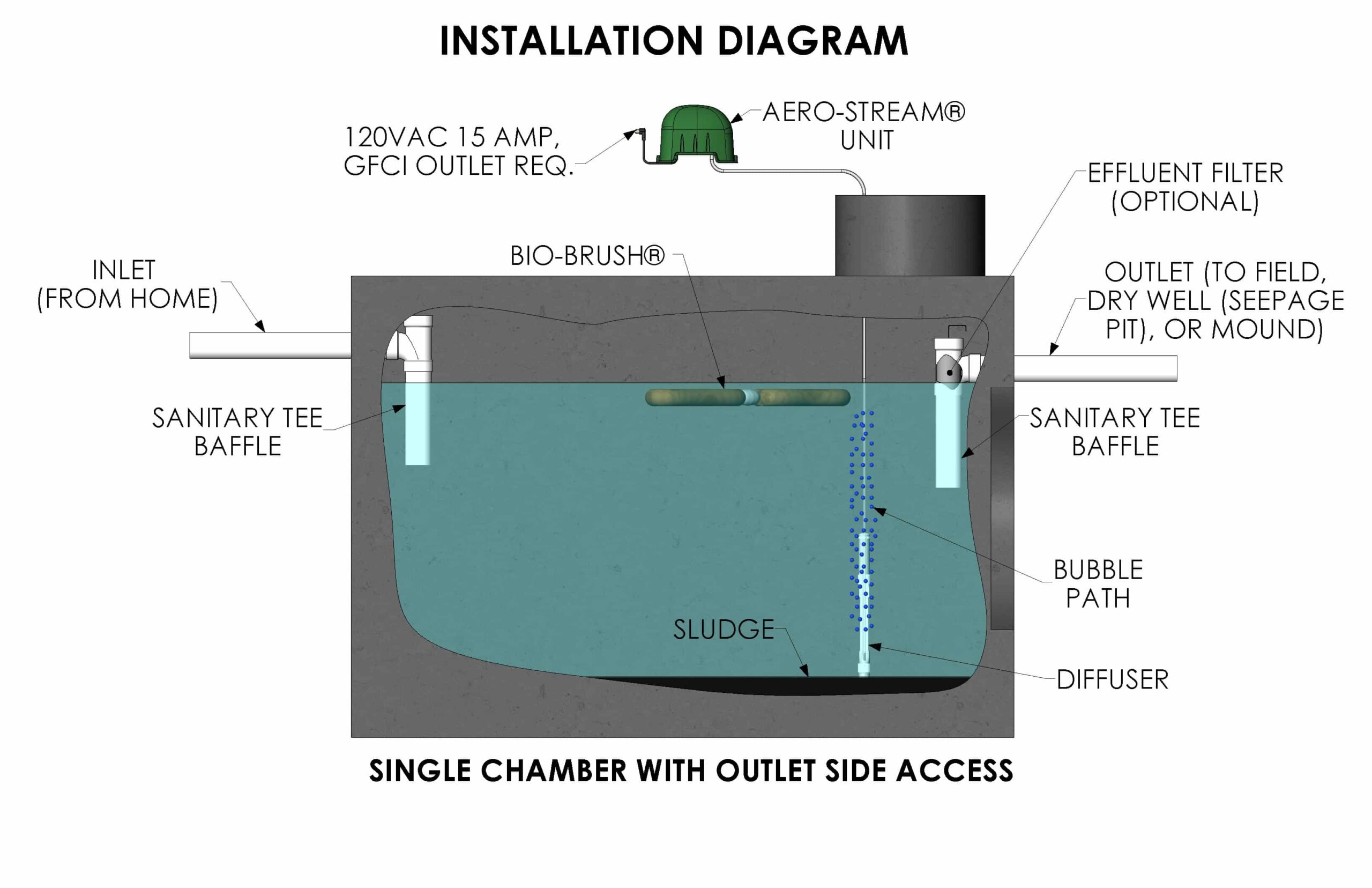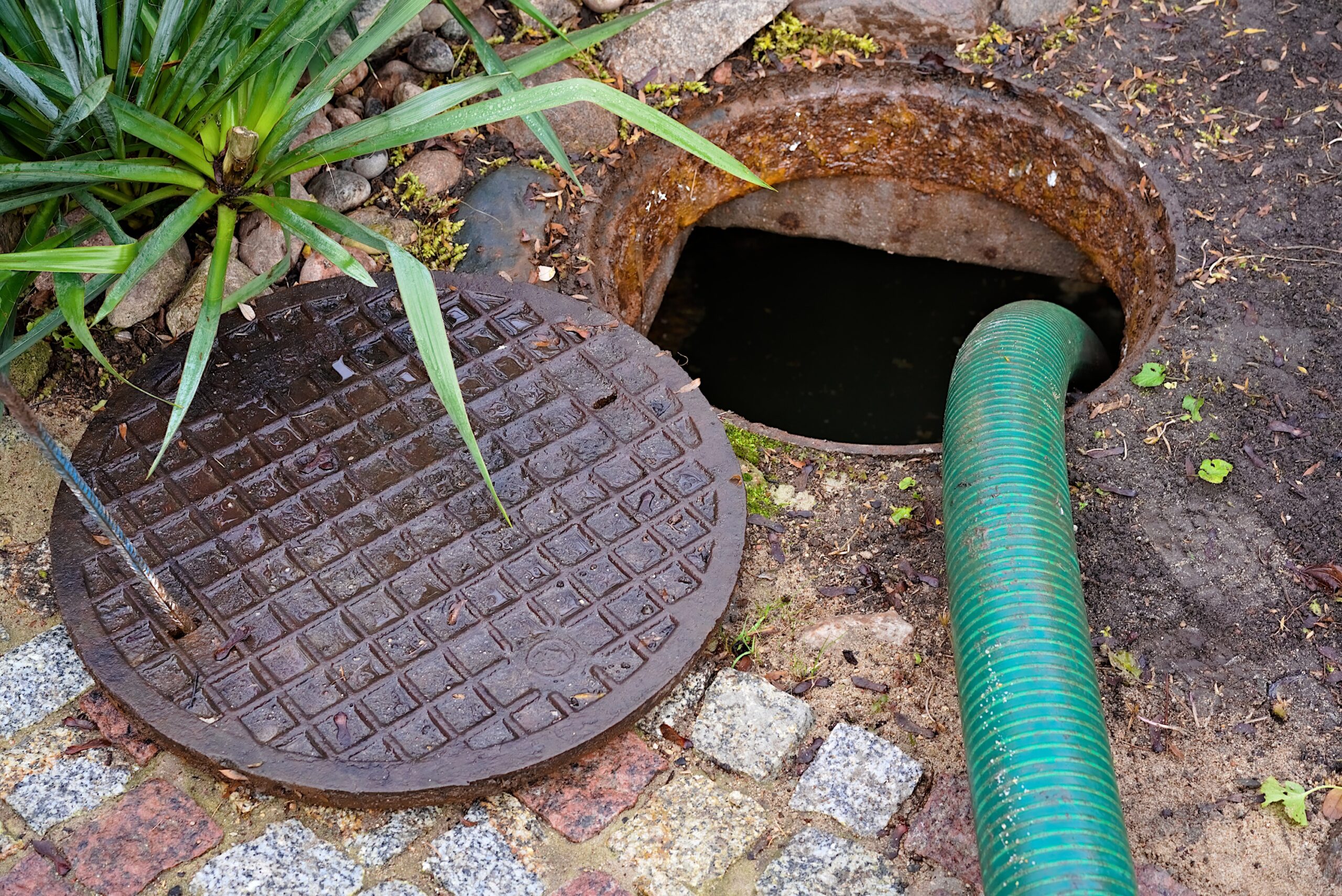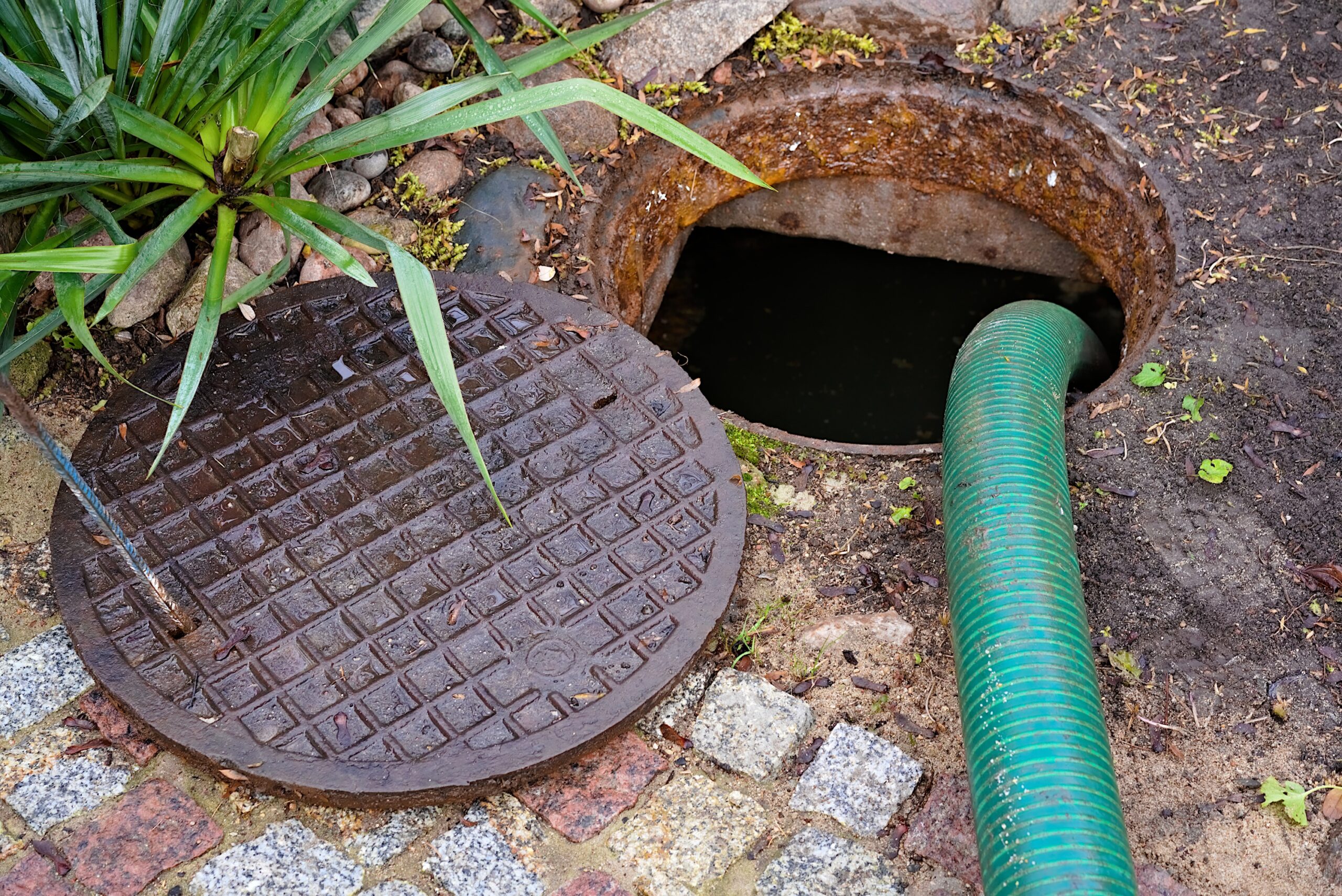Disreputable companies have found a new source of revenue with people that have septic tank problems. These companies are selling customers septic tank additives that do absolutely nothing to eliminate septic tank problems but may lead to premature septic tank replacement.
Simply put, there is no scientific proof anywhere that is credible that shows septic tank additives of any kind to be helpful. Research, instead, points to septic tank additives being potentially harmful to groundwater along with causing early failures of septic tanks leading to replacement costs in the thousands of dollars. Pumping your septic tank every two to three years is what experts recommend as the most basic way to maintain your septic tank and extend its life.
The University of Rhode Island has issued a report refuting the use of septic tank additives, saying that organic and inorganic chemical treatments do not improve septic tank efficiency and may actually harm the septic tank system. Regarding biological additives they state:
“additives are not necessary and may reduce system life by allowing solids to move from the tank and clog your drainfield. Some manufacturers claim that such additives enhance biological treatment, reduce or eliminate pumping by liquefying solids and grease, and provide a head start with bacteria or enzymes when the system is stressed, new, or recently pumped. These claims are not supported by research”.
Furthermore, Rhode Island bans the use of all chemical additives to septic tanks. The Rhode Island regulation prohibits:
“the use of acid and organic chemical solvents in any individual sewage disposal system” (RI ISDS Regulation SD 2.12). Acids and other chemical additives can destroy the biological function of the septic tank, re-suspend solids causing drainfield clogging, damage soil structure, and can contaminate groundwater. Acids and base materials corrode concrete tanks and distribution boxes, causing them to leak and fall .”
The Kansas State University, Department of Agriculture bolsters the arguments against septic tank additive use. They note: “Property owners see and read advertisements all the time for various products that can be added regularly to septic tanks to keep them functioning properly”.
According to DeAnn Presley, Kansas State Research and Extension Soil Management Specialist, limited third-party research studies have been conducted on these products, but the research that had been done is not promising. “This research has found no benefit in septic tank function from using any type of septic system additives. In fact, some additives potentially could be detrimental to the function or components of the septic system or to groundwater quality”, she said.
With over 1,200 septic tank additives on the market, it is remarkable and telling that there is no proof that any of them have any measurable positive impact on septic systems and, may in fact, actually cause some harm. This disappointing track record in product performance comes with a high cost, though. They range in price from around $80 for enzymes to $200 for the complete “remedy”.
So, if you are a septic system owner with septic tank problems, listen to the real experts. Don’t flush your dollars down your septic tank by using additives. Just pump the septic tank out periodically and it will function properly and last longer.











